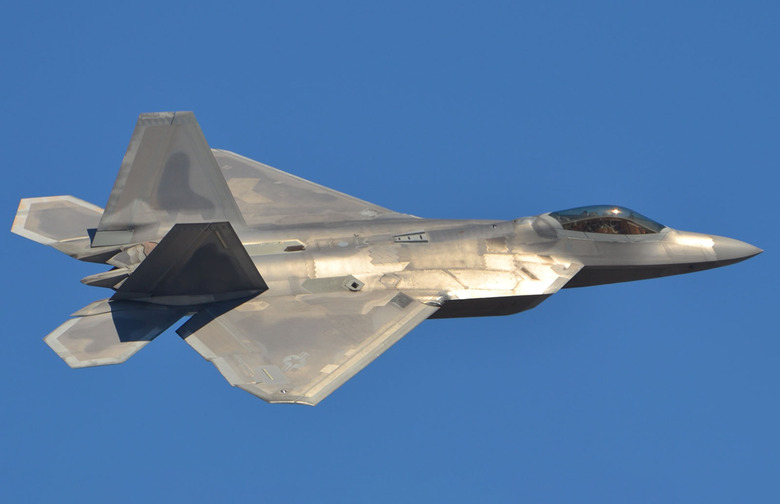Chinese Scientists Claim They Can Use Starlink Satellites To Detect Stealth Aircraft
Chinese scientists claim that radiation from Starlink constellations will actually let them detect stealth aircraft. It's a bold claim, but based on the evidence presented by the researchers in a paper published in Journal of Signal Processing, it seems that they could be onto something.
According to reports from the South China Morning Post (SCMP), the paper details how the researchers used radiation from Starlink constellations to detect a DJI Phantom 4 Pro drone, which acted as a stand-in for stealth aircraft during the experiment.
The researchers say they used ground-based radar to monitor the radiation emitted by a Starlink satellite in orbit around Earth. This radiation allowed them to spot the drone despite it being designed to remain hidden from radar view. Further, the researchers believe this method could be used to detect stealth aircraft no matter what shape, dimensions, or surface material they are built with.

Obviously, this is troubling news for the military, as detecting small and stealthy targets using Starlink satellites could give the Chinese military a potential edge on any battlefields going forward. And, considering that many militaries—including China's—are looking for ways to use drones in warfare. China has even created rifle-toting robots that are being tested.
But how exactly is China detecting stealth aircraft using Starlink satellites? Well, it starts with how satellites emit radiation and signals to ground-based targets. While stealth aircraft are designed to remain hidden, they still create disturbances in the signals that satellites emit when they pass through them. As such, China seems to be hoping to using those disturbances as a way to track where these aircraft are going.
Of course, the method has only been tested on drones at this point and only on ones that have flown at relatively low altitudes. It still remains to be seen whether or not Starlink's satellites emit enough radiation to make it easier to detect much larger and harder-to-spot aircraft, though.
